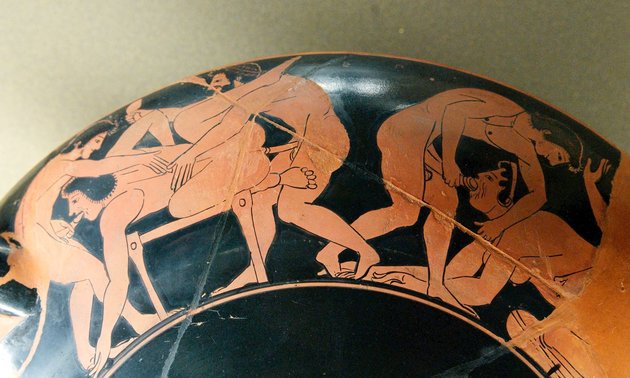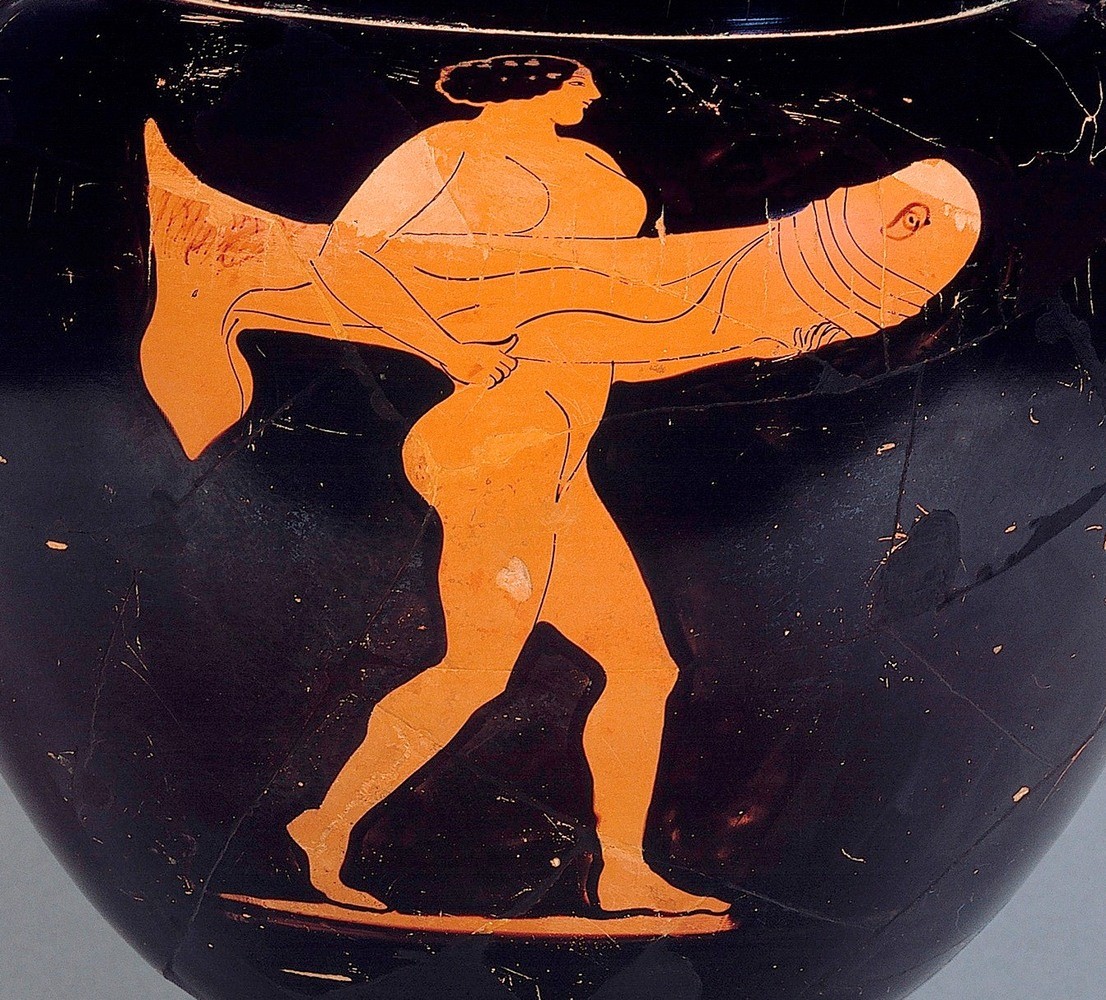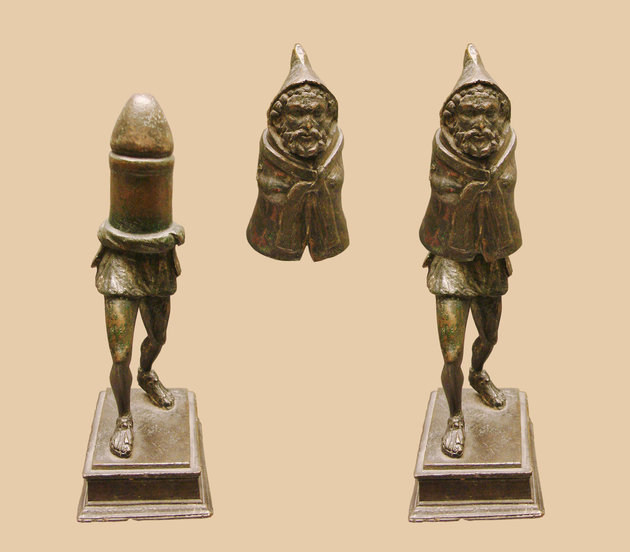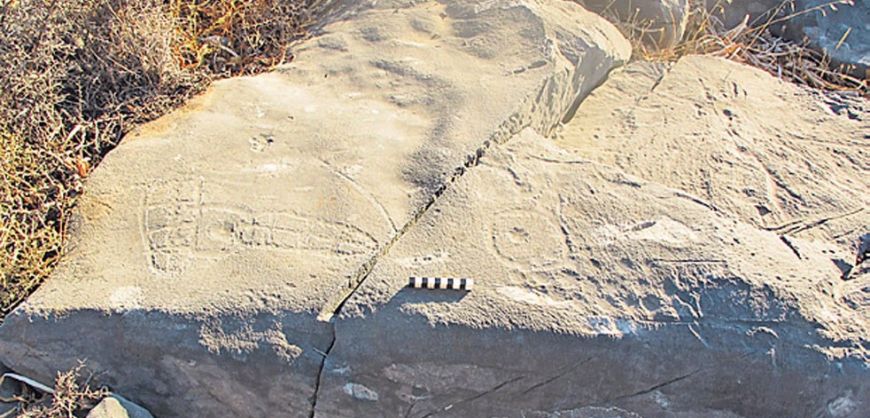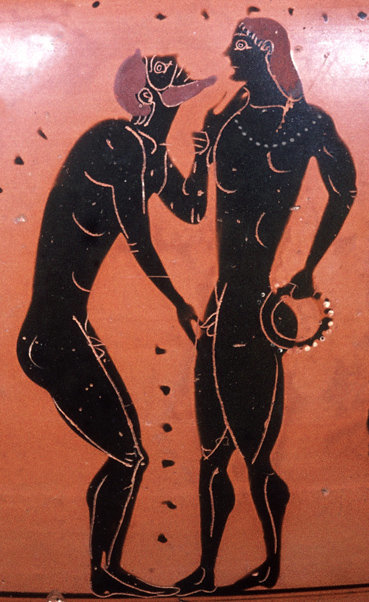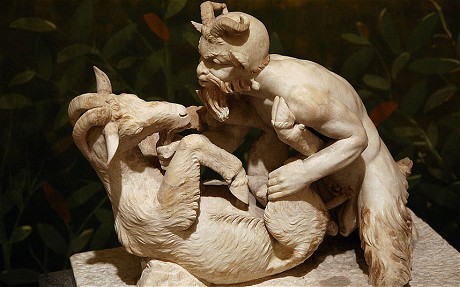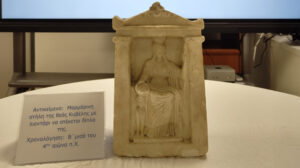Orgies
The Ancient Greek pagan orgiastic practices have little in common with modern orgies. The rituals would take place on certain days. They would wear head decorations made of ivy leaves during the Baccanalia. Drinking wine, playing reed pipes and singing and dancing would take place. Men would imitate animal sounds to call upon the gods. Once the crowd went into ecstasy they would begin the sexual acts. THe participants of an orgy were thought to improve the soil’s fertility through their copulation. Greek historian Theopompus described how Etruscan women in the 4th century BC gave themselves to men who were not their husbands in a type of public orgy with drinking and feasting. Men and women would watch each other having sex and swapping partners. He described the women, with shaved bodies, engaging in gymnastic sexual position. And of course, everyone knows of the Greek symposiums where groups of toga-clad individuals would gather to eat, discuss philosophy and gradually sink into a state of drunken excitement.
Dildos
Dildos are seen in some examples of ancient Greek vase art and are also mentioned several times in Ariostphanes’ comedy of 411 BC, Lysistrata: And so, girls, when fucking time comes… not the faintest whiff of it anywhere, right? From the time those Milesians betrayed us, we can’t even find our eight-fingered leather dildos. At least they’d serve as a sort of flesh-replacement for our poor cunts… So, then! Would you like me to find some mechanism by which we could end this war? In Greek culture, the penis was the main symbol of fertility and there was a flourishing trade of well-crafted dildos constructed from leather and smooth polished wood. Greeks also baked penis-shaped hard bread, known as olisbokollikes.
Permanently erect
Priapus, the Greek fertility god, was shown in permanent erection. Statues of this god were found in ancient doorways and visitors would stroke the penises as they walked through the door.
Homosexuality
The ancient Greeks did not see sexual orientation as a social identifier. Sexual desire or behavior was not distinguished by the gender of participants but the role that each participant played in the sex act – active/passive penetration is what mattered more than sexual orientation. Inscriptions and phalluses chiselled on limestone at Astypalaia’s rocky peninsula at Vathy are from the fifth and sixth century BC. They were created by soldiers garrisoned there. The graffiti gives insight into their private lives with one specific statement in the mid-sixth century B.C. proclaiming: “Νικασίτιμος οἶφε Τιμίονα” (Nikasitimos was here mounting Timiona). Sexual desire between men was not taboo in ancient Greece so his real area of interest was the use of the past continuous in the graffiti that indicates the length of the sexual act itself.
Child molestation
Adult males were found fondling boys on Attic vases. The boys genitals were never shown in arousal as they were being touched… neither is penetrative sex depicted. Tutoring by way of pederasty was a primary form of education.
Bestiality
Sex with animals were practised in accordance to the direction of some rituals in honor of the gods.
Ask me anything
Explore related questions

